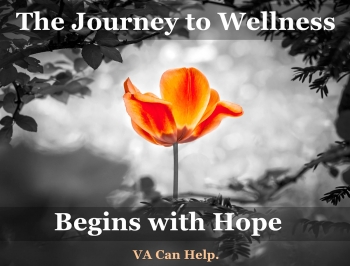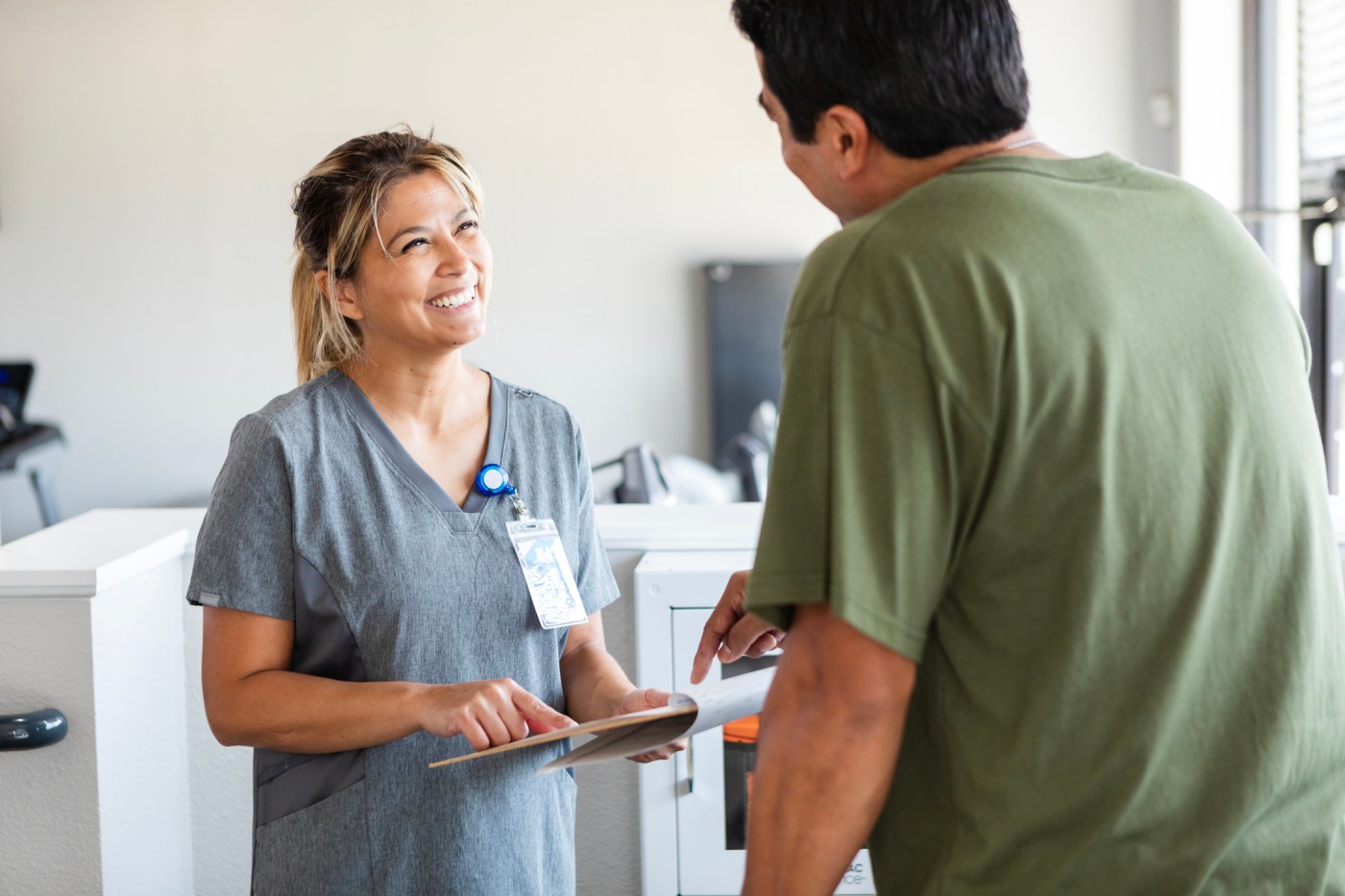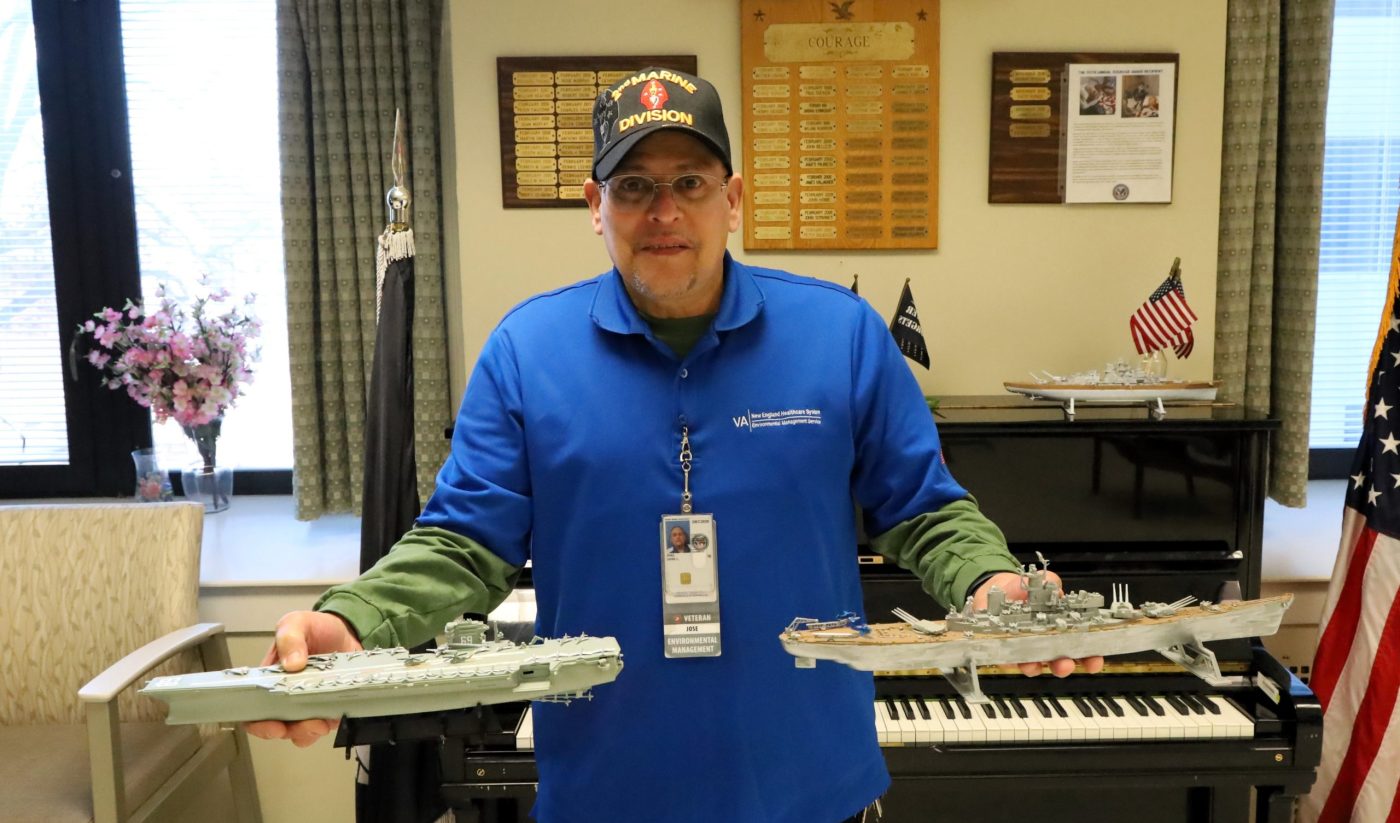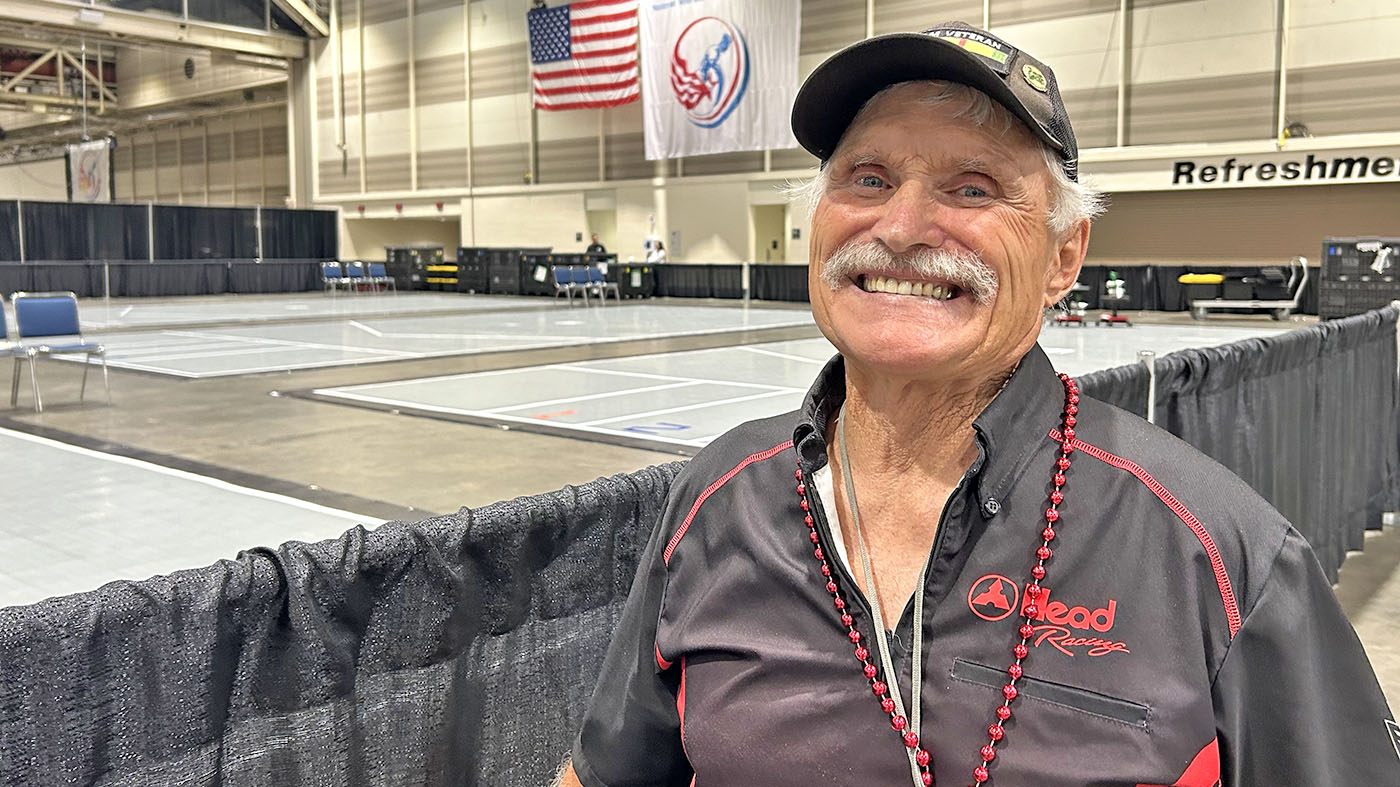Every 68 seconds in America, someone is sexually assaulted.
VA is committed to preventing and addressing sexual harassment and assault impacting Veterans, their families, visitors and VA staff. VA’s Intimate Partner Violence Assistance Program (IPVAP) cares about individuals impacted by sexual assault. We are leading a two-year pilot program to explore best practices to develop recommendations for comprehensive services for Veterans who experience sexual assault.
Understanding sexual assault
VA defines sexual assault as “Behaviors, including but not limited to, a completed nonconsensual sex act, an attempted nonconsensual sex act, abusive sexual contact, and non-contact sexual abuse such as threats or harassment.”
General population studies indicate that 81% of female-identifying and 43% of male-identifying individuals report experiencing some form of sexual harassment and/or assault in their lifetime. The majority of sexual assaults occur at or near home and are often committed by someone known to the person, including an acquaintance, friend, neighbor or intimate partner.
In some instances, sexual assault is committed by a stranger. In addition, Veterans may have experienced military sexual trauma, or MST. VA uses the term MST to refer to sexual assault or sexual harassment experienced during military service, regardless of perpetrator identity, or whether it occurred on or off duty, or on or off base.
Offering trauma-informed care
Given the high prevalence and significant impact of experiencing intimate partner violence (IPV) and/or sexual assault, the IPVAP supports both prevention efforts and a wide array of intervention services in the health care setting. It is vital for health care providers to empower individuals to connect and heal from sexual assault in a Trauma-Informed Care environment.
VA provides training on Trauma-Informed Care for VA staff to ensure they can deliver effective clinical care, strengthen community partnerships and reach underserved populations. A Trauma-Informed Care approach helps reduce the stigma surrounding sexual assault disclosure, by recognizing and understanding the physical, psychological and emotional effects of this form of trauma.
Using Trauma Informed-Care approaches enhances trust, safety, healing and empowerment. This creates a respectful space for the person seeking care and encourages choice in recovery.
More than two out of three sexual assaults are not reported, and many individuals who experienced sexual assault may be hesitant to reach out to clinical providers for help.
Barriers preventing reporting sexual assault
There are many reasons individuals do not seek help or report sexual assault. Some barriers include experiencing stigma, shame, or fear (of not being believed, retaliation, being blamed, or not knowing what will happen if they disclose).
VA wants all individuals who have experienced sexual assault to know that services are available to support healing. Understanding how to get help and learning more about options can help build a pathway to healing. VA has a variety of options to choose from following sexual assault, including medical treatment of injuries, forensic exams or referrals, advocacy, counseling and support services.
For individuals who experienced MST, VA offers free treatment for any physical or mental health condition related to the experience, and eligibility for this care is expansive.
Healing is different for everyone and can take time. Some individuals may not reach out for help until many years after the experience. VA is committed to providing resources and services that are trauma-informed and readily available whenever individuals are ready for help.
Contact us
For more information or services related to MST, contact your local VA medical center and ask to speak to the MST coordinator.
To learn more about intimate partner violence, Trauma-Informed Care and sexual assault resources and services, contact your local IPVAP coordinator.
Topics in this story
More Stories
One strategy credited for the improvement is a focus on building trust and stronger patient-provider relationships.
Army and Marine Corps Veteran started making models after being hospitalized at Connecticut VA.
Veteran Hank Ebert is a bit of a superstar in the National Veterans Wheelchair Games. He has been attending since 1993.








I am so very sorry that this has happened to you; none of it was your fault. Your trauma is not drama; it is real and it hurts. You have every reason to not trust the system, the military or the VA. Your service is important, your trauma is important and YOU are important. You are NOT alone. No one is more important than you and your experiences are real, they matter and you matter. Do NOT let anyone ever tell you different.
VA said mine was not service connected. I was assaulted in front of 4 coworkers, navy and marine. He was an staff sergeant and my supervisor. I told the Ginny sergeant who was ops chief and was told nothing would be done, go back to work. The ILH person listened for 5 minutes then told me all about her medical issues, and she had quite a few. Last thing she said was her Vietnam vets were the most important things and they came first. The man that assaulted me was a Vietnam vet as was the gunny. Guess my service was unimportant. It led to me getting out, distrust led to me marrying someone that later told me they were tired of my “military trauma drama” and divorce. Yeah, guess he was more important than me.